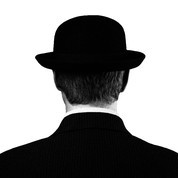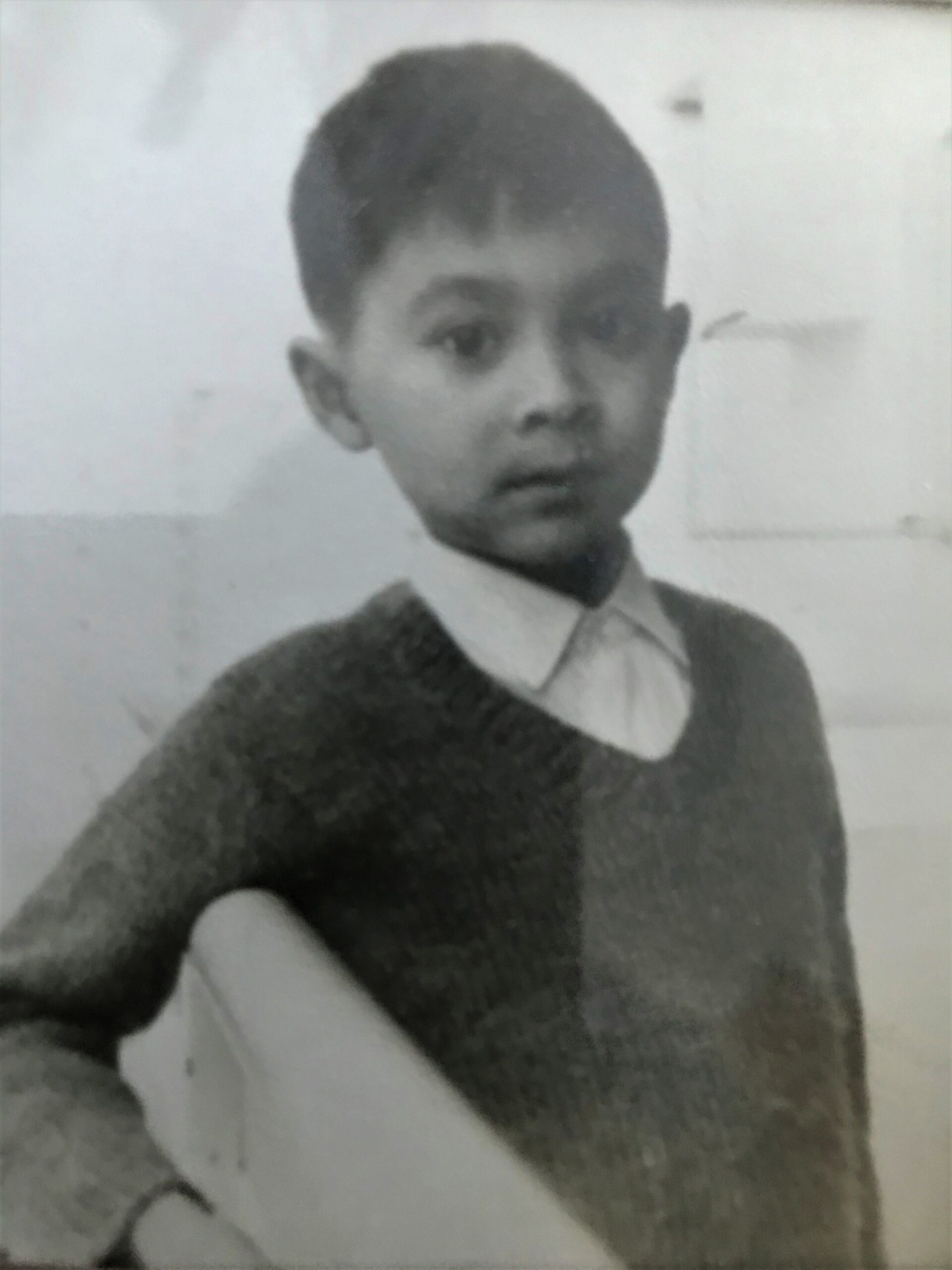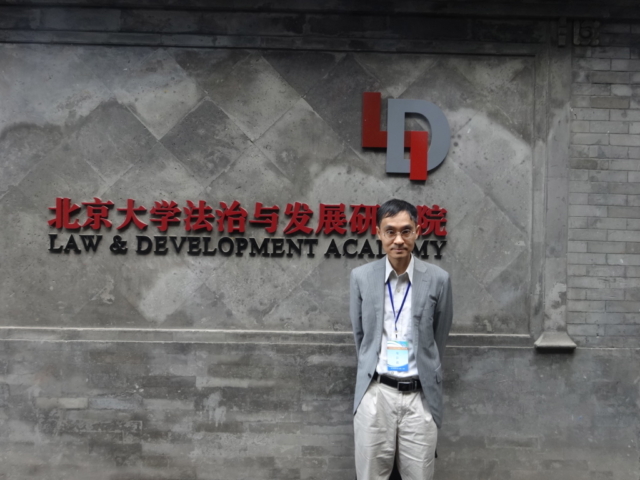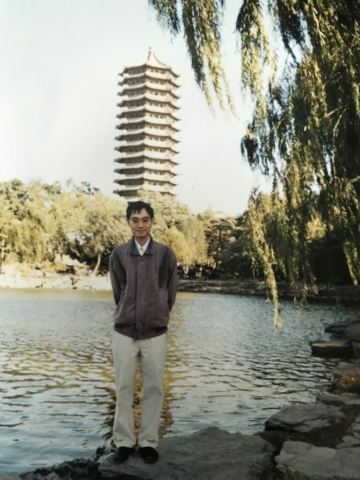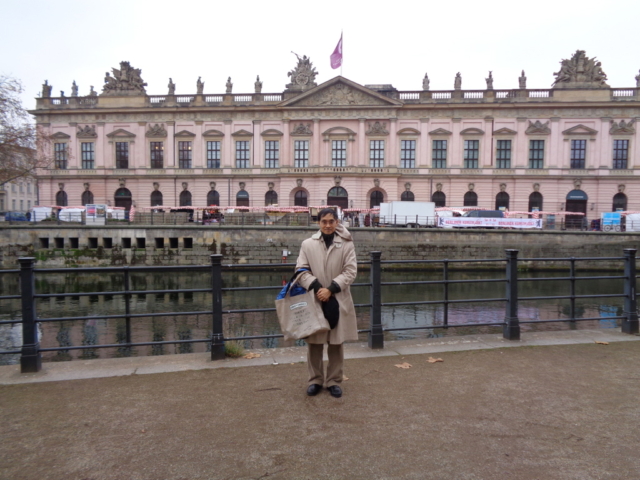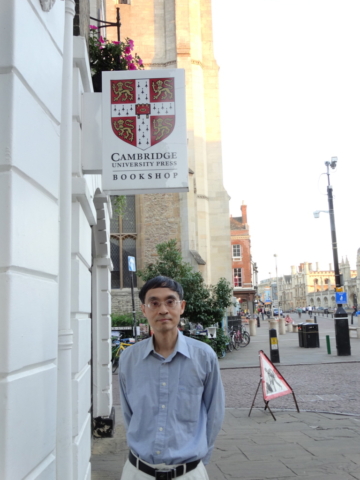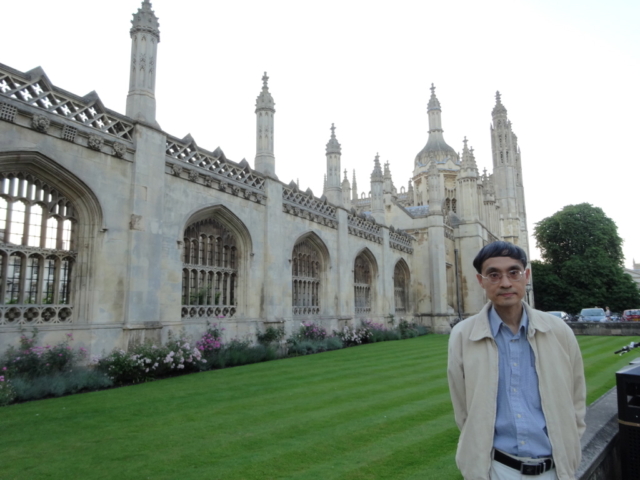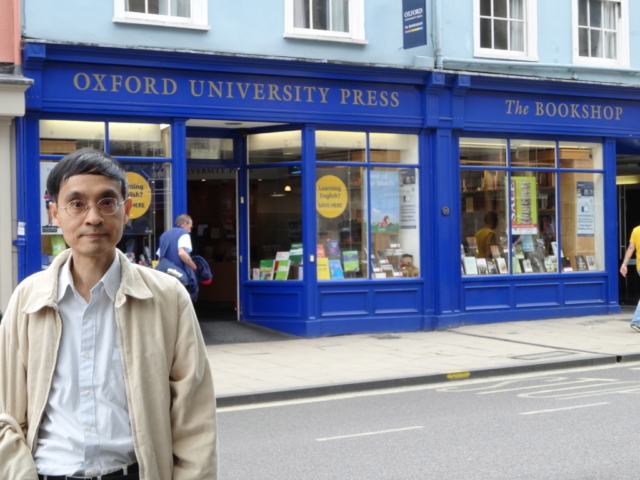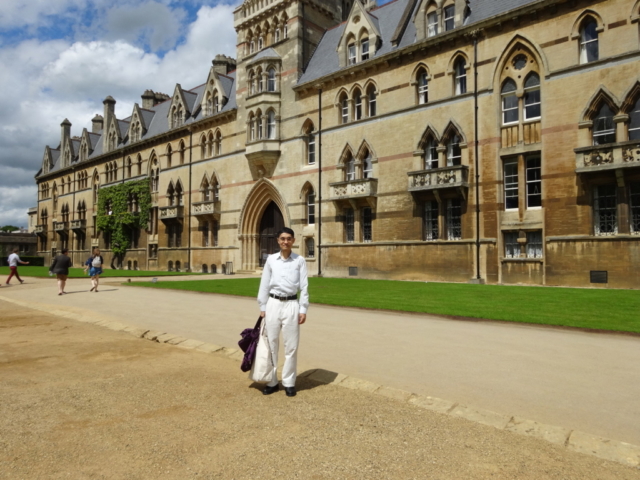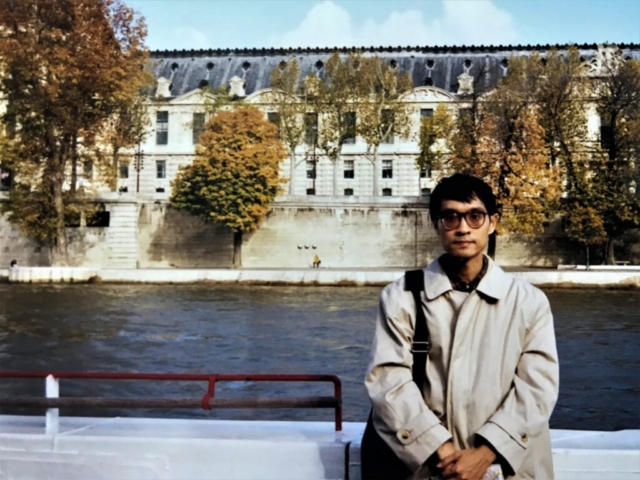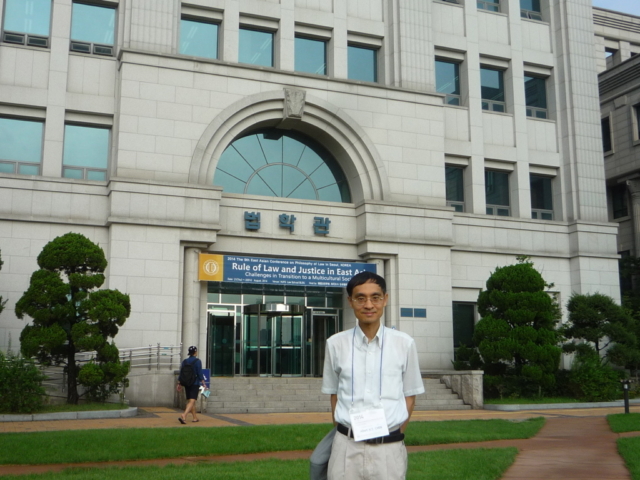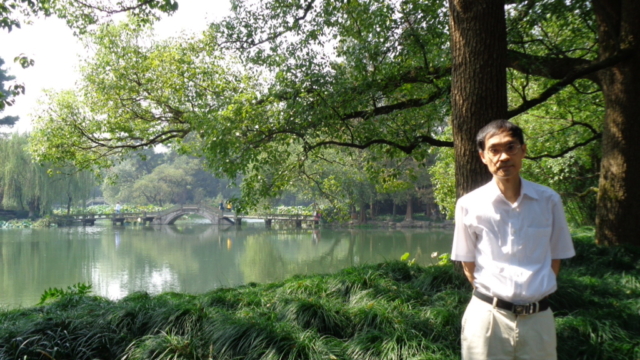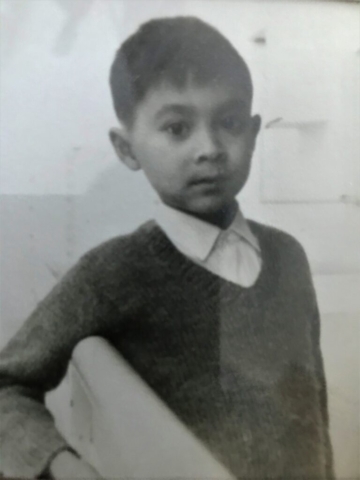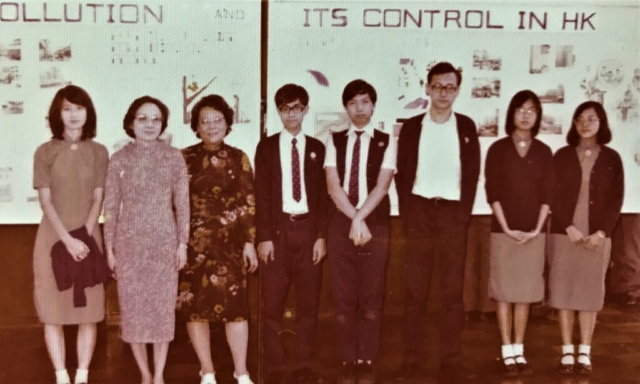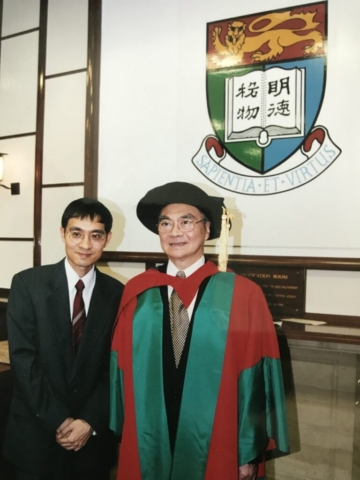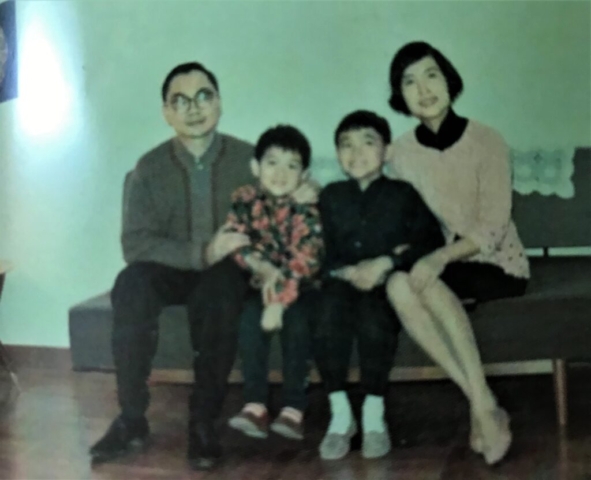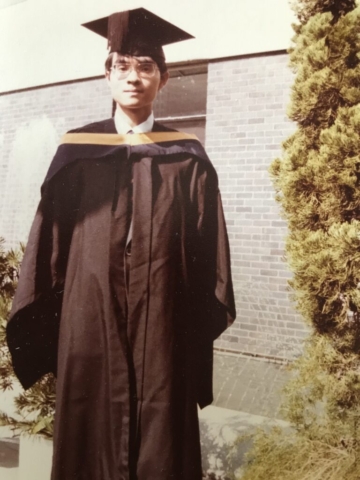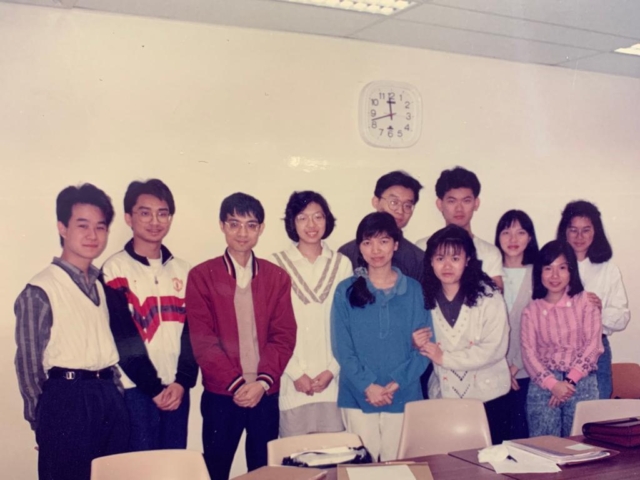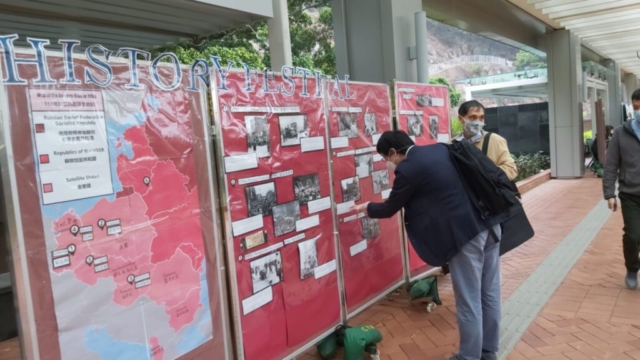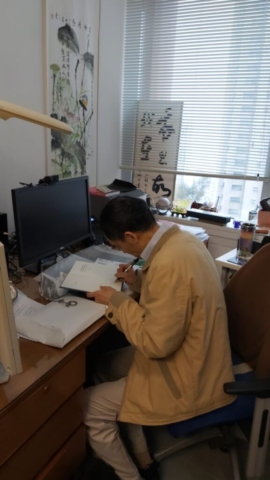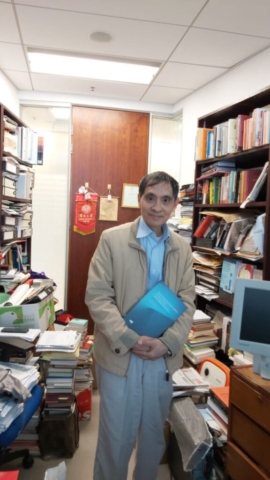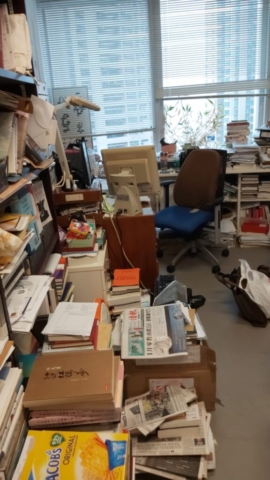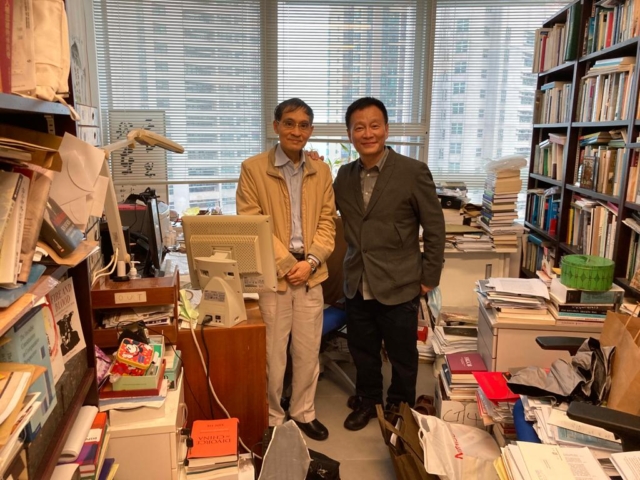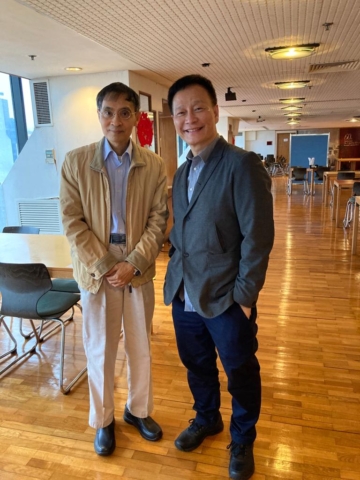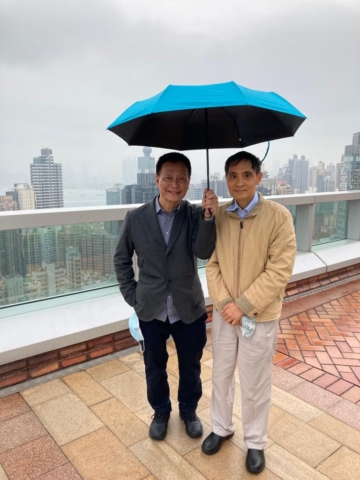24-04-21
Selfishness is the mirror in which selfness sees its own face. In the ‘Me’ generation, we are always wading in the shallow end of self-centred prides. We believe we are better. We inherently deserve special treatment and protection. We can be concerned with our stand, pleasure and interests without moral consideration for other factors and people. Many have a long list of desires and even 10 shopping malls cannot feed them well. Too many people do not care what Hong Kong will be, or a ‘truly educated’ community should be. Besides, there are many hypocrites in Hong Kong who claim noble beliefs which are only tools to elicit personal status or benefit.
I greatly respect Professor Albert Chen(陳弘毅教授)of The University of Hong Kong who always give us ‘shepherds’ after his own heart, and his writing does guide us with knowledge and wisdom. He is the renowned expert of constitutional law.
For a shallow man, you can see his face and face tells his complete soul. For Professor Albert Chen, face no longer matters because one wants to go into his depths, the inner depths which reveal his wisdom.
Fate threw the luck of knowing a wise man, and I caught it. The father of Professor Chen was my art mentor, his wife was my classmate and he was my senior schoolmate. Luck is when these relationships mingled and Albert got one reason or another to get together regularly with me. I still could not forget how I met Albert more than 40 years ago. He talked to me gently and precisely. Sharp wit won an argument but Professor Chen was always tolerant. He knew the benefits of listening to the views of others.
Albert and I recently had a simple lunch in The University of Hong Kong where he teaches. I wanted to retain some nice memories by writing about him. We studied law in The University of Hong Kong and after that, he left Hong Kong for Harvard University in 1980s. Friendship has been our true destiny. We always hurled ourselves into great chats and debates about Hong Kong.
We were disheartened by the lack of understanding of some people in Hong Kong about their country: China. I said, “No country or nobody is 100% ideal. Hong Kong is part of China now and viewpoints towards one’s nation must be reasonable.” Professor said, “Most people here should realize that they are and have to be a member of the nation. Even if we do not have to or want to take any role politically, we should learn and be familiar with our country’s great culture, art and history. Once we know what China means in many other aspects on top of politics, misreading and misinterpretation will all be reduced!”
Albert told me more, “Most of the time, I was busy with legal research work. After working hours and at weekends, I turn to music, literature, philosophy and history books, dramas and movies. They enable me to think about and feel what life is. Some people in Hong Kong only love good food, travel and material comforts. However, I think curiosities about life or the meaning of it are also important. Books, cultures and arts will move us—inspiring us, instilling new wisdom and provoking emotional betterments. As a Chinese, one should not have cultural prejudices against one’s own country. Although there is much we can and should learn from western culture, there is also much that is precious in Chinese culture. Both can co-exist within ourselves.” I agreed, “Some youngsters in Hong Kong made it a point that anyone watching the Chinese mainland movies is a heterodox and this is very wrong. Some of them like你好,李煥英(Hi, Mom) are very good and discrimination is totally unjustified.”
Albert commented, “The problem is also that many people don’t read, or when they read, it is all about ‘skills’ or ‘technical’ learning. Students should read more literature, philosophy and history. Books are a reflection of life, humanity, and society. They enable us to better understand the world. I love to read books about the past of China and the West, their schools of thoughts and histories. History is not only about the past. It is also indispensable for understanding our present. A country or society is not a static state of affairs; it has evolved for a long time and is evolving. Without the depth that literature, philosophy and historical study give us, we would know nothing about our nation from a macroscopic level.”
I said, “Travel is of vital importance. I remember during our law school days, students liked to travel to China as we were very curious about such a vast country. Travel is more than a space of leisure, fun and escape. Some people in Hong Kong tend to have stereotypes about the Mainland. Some problems there still exist but many are gone. Seeing it yourself is a great way to remove negative stereotypes that portray China and her people as out of touch, boorish or unwise. Naivety and indolence are the real non-nutritive factors for causing misunderstanding.”
I like the term ‘activity learning’. There is a simple way to experience a country: museum visit. Albert said, “Wherever I travel in the world, I like visiting museums so as to learn about the history and arts of the country.” I supported, “There may be a beautiful thing inside us that is thousands of years old and we just do not realize.” He added, “When you stand on the soil of a country and humbly look at the things that you may or may not know, the learning is irreplaceable by reading.” I was serious, “Getting along with the Chinese mainland may throw up challenges on some. I do think people in Hong Kong must adapt to changes and become more open to life or one’s identity as a Chinese.”
National dignity or pride in one’s cultural heritage should not be contemplated as an unreasonable doctrine. Politics may be just one concern but the other charms of a nation like China do substantially exist, such as her history, philosophy, literature, landscape and culture. Patriotism can be spontaneous, cultivated or adaptive—and that does not matter. What matters is that if you look down upon your own country or race, a foreigner will be more than ready to look further down upon your country and we may be called ‘Ching Chong’ again! Professor Chen said once again, “A modern Chinese is a man who learnt Eastern and Western cultures and thoughts, and should be able to appreciate contrasting angles. Hong Kong people can be and will be.”
This article can also be found at the following sites:



